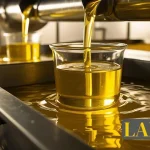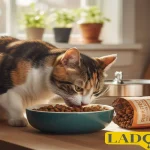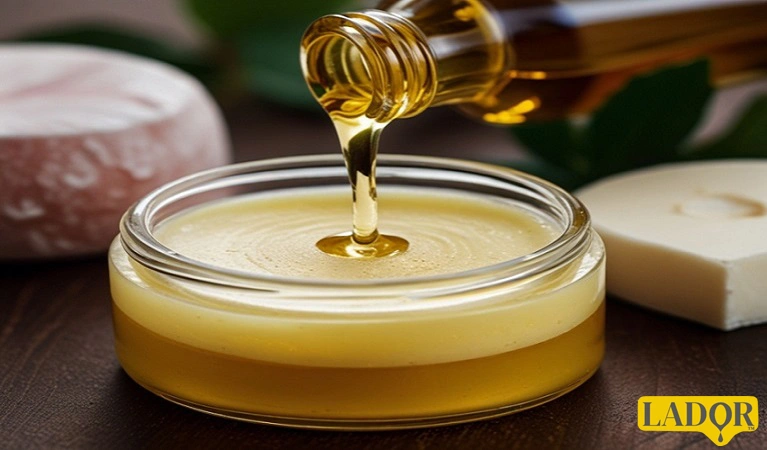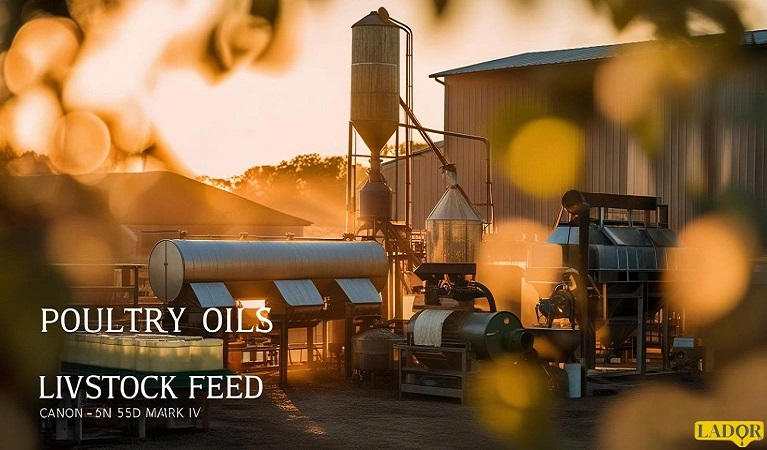

Cow oil similar to fish oil, hydrogenated oil, bone oil, and others, is a crucial raw material in industry. Due to its unique properties, it continues to be used in the production of certain types of soap. Cow oil, also known as beef fat, is obtained from various parts of the cow, such as the fat surrounding the internal organs and the subcutaneous fat. In this article, we will delve deeper into the Cow oil.
Cow oil is obtained through the following steps:
Fat is collected from various parts of the cow, such as grease and fat surrounding internal organs.
Fats are thoroughly washed to remove impurities. Mild chemicals may be used to remove contaminants better.
Fats are melted at high temperatures to convert them into a liquid state. This allows solid impurities to settle, making their separation easier.
The melted fat is passed through various filters to remove remaining impurities. Chemical methods such as acid washing or alkalinization may be used for further purification.
Various methods, such as steaming or using odor absorbents, are employed to remove the fat’s unpleasant odor.
The purified and odorless oil is packaged in suitable containers and prepared for use in various industries, including soap making.

As mentioned, beef fat generally refers to the fat extracted from various parts of a cow, such as the fat under the skin, around the organs, and even from the bone marrow. This fat can be refined and processed in various ways to prepare it for different uses.
However, tallow fat is a specific type of animal fat that is primarily obtained from the fat around the loin and kidneys of the cow. Due to its high melting point and unique texture, these fats, are particularly suitable for the production of certain specific products.
Converting beef fat into beef tallow is a refining and purification process during which impurities and excess substances are separated from the fat, resulting in a final product with higher quality and purity. This means that the desired fat is first separated and melted by applying pressure. The liquid fat is then passed through a filter to remove impurities, and then it is further processed in a distillation apparatus at a high temperature to separate larger impurities and volatile components. At this stage, beef tallow is obtained.
Today, in developed countries, beef tallow has replaced beef fat and is used in various industries, especially in soap making. However, there are still countries that continue to use beef fat for soap making.
Cow oil due to its good foaming properties and high hardness, was widely used in soap production in the past.
Cow oil contains a large amount of saturated fatty acids, which give the resulting soap high hardness and durability.
The fatty acids present in Cow oil are compatible with the structure of human skin, leading to soft and smooth skin.
In general, tallow fat is more affordable compared to many vegetable oils.
Laundry soap: Due to its excellent cleansing and hardening properties, tallow is widely used in the production of laundry soap.
Bath soap: This fat provides bath soap with enhanced lathering and lasting qualities.
Industrial soap: Tallow is also used in the manufacturing of industrial soaps.
Tallow, which is derived from animal fat and used in soap-making, contains a combination of fatty acids that give soap various properties such as hardness, lathering, and conditioning. Some of the most important fatty acids found in Cow Oil include:
This saturated fatty acid is one of the most abundant fatty acids in Cow Oil. Stearic acid gives soap hardness and durability and makes the lather produced by the soap more stable. Stearic acid is one of the most important fatty acids found in tallow (beef fat) and is widely used in soap making. This saturated fatty acid plays a crucial role in the structure and performance of soap due to its unique properties.
Hardness and Durability: Stearic acid gives soap greater hardness and durability, resulting in a more stable lather.
Lathering Properties: This fatty acid helps improve the lathering properties of soap.
Skin Conditioning: Due to its emollient properties, stearic acid prevents skin from drying out after using soap.
Oxidation Resistance: Stearic acid is resistant to oxidation, extending the shelf life of soap.
This saturated fatty acid is also found in Cow Oil and contributes to the soap’s hardness and lathering properties.
This unsaturated fatty acid gives soap softness and mildness and prevents the skin from drying out after using the soap.
This unsaturated fatty acid is also found in Cow Oil and helps improve the skin-conditioning properties of the soap.
Each fatty acid plays a specific role in the properties of soap:
Such as stearic and palmitic acids, give soap hardness, durability, and lathering properties.
For example, oleic and linoleic acids give soap softness, mildness, and moisturizing properties.

Limited Availability: Due to changes in livestock farming and slaughter practices, accessing high-quality and ample quantities of Cow Oil has become more challenging.
Ethical Concerns: Some individuals oppose the use of animal fats in cosmetic and personal care products.
Availability of Plant-Based Alternatives: Vegetable oils like olive oil, coconut oil, and palm oil, owing to their beneficial properties and wider availability, have emerged as suitable substitutes for Cow Oil.
With the increasing demand for plant-based products, vegetable oils such as coconut, olive, tallow, and palm oils are now used in the soap-making industry. In addition to their cleansing properties, these oils contain vitamins and antioxidants beneficial for the skin.
Beef oil, which is obtained by melting the fat of animals such as cows and sheep, has high hardness and durability due to its high percentage of saturated fatty acids. For this reason, this oil is used as one of the important raw materials in industries such as soap making.
Sepahan Ala oil factory with the Lador brand has the most up-to-date equipment and machinery for the production of all kinds of chicken oil, industrial oil and powder. Contact our experts for more information.
Ladorfat company produces all kinds of industrial and livestock powders and oils, such as pure and hydrogenated sunflower oil, bone oil, palm fat powder, omega-3 calcium powder, and raw materials for the production of poultry feed, such as native chicken feed, day-old chicken feed, etc.